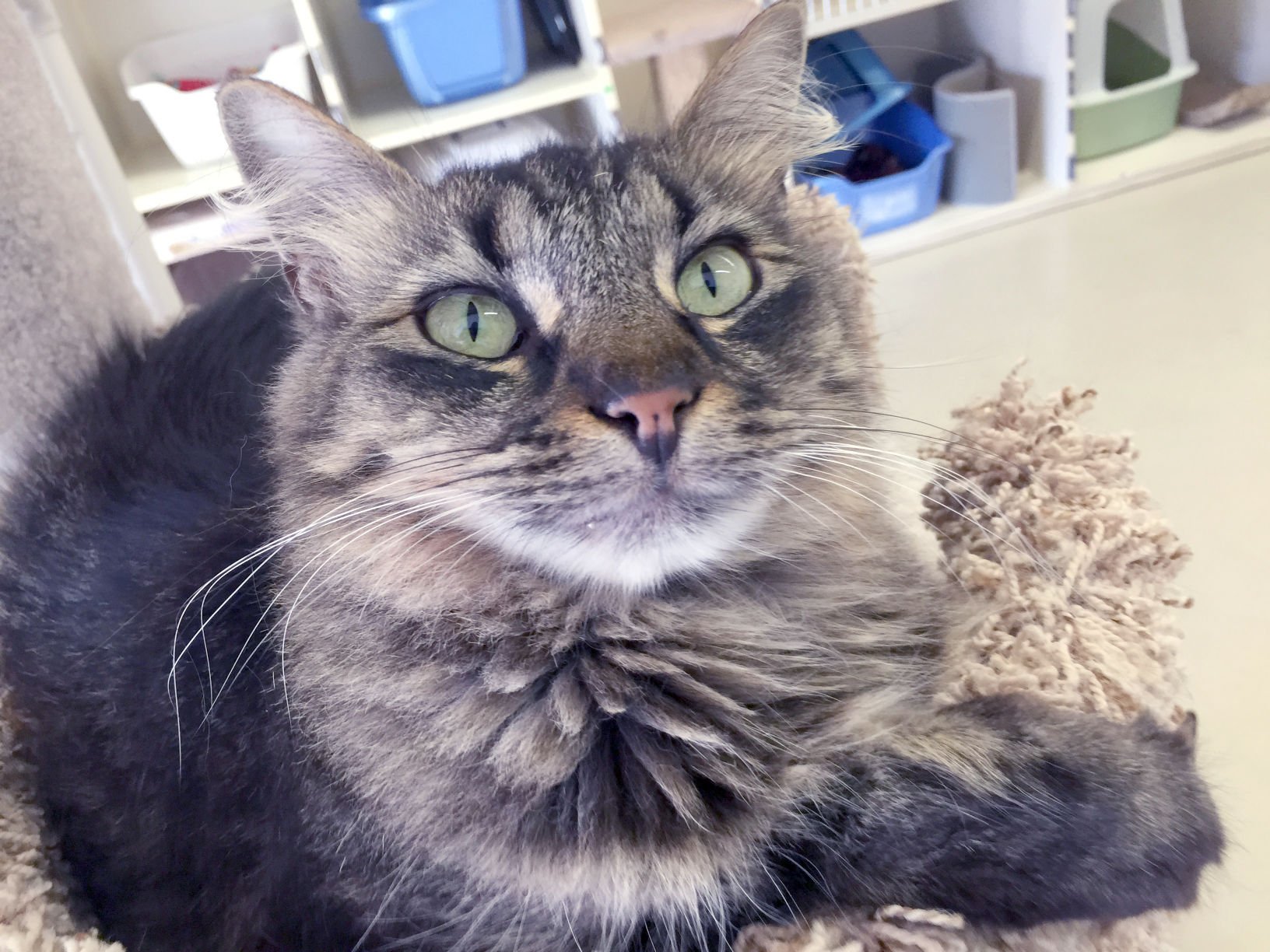What happens if your new baby is allergic to your longtime feline friend? Or the cheapest housing option doesn’t allow pets? How much can you afford to spend if he needs surgery or medication?
These stressful situations require difficult decisions. Animal overpopulation and euthanasia rates worsen or improve depending upon the choices individuals make in tough situations like those. As these problems grow, local governments and concerned individuals create animal shelters to provide temporary homes for unwanted, abandoned, orphaned, and stray pets. Even at shelters, limited money and space means that healthy animals are often euthanized. Unless it’s a no-kill shelter.
Town Cats was created in 1997 by Rosi and Albert Mirko to alleviate the suffering of cats in the Santa Clara County. As a no-kill organization, Town Cats rehabilitates and finds homes for cats without resorting to euthanasia for population control.
Current Executive Director Patricia Abreu said Town Cats cares for felines until they’re adopted.
“We believe that all lives in our care have equal value,” she said. In 2014, Town Cats found homes for 692 cats. Fifty cats reside at each of two spaces rented in Morgan Hill, and 250 more cats in need of homes currently get care through a network of foster homes. Town Cats also runs successful adoption centers through Petfood Express, Petco, PetSmart and Pet’s Delight.
In 2008, Town Cats was a founding member of the Community Alliance to Reduce Euthanasia, known as the WeCARE Coalition. Through WeCARE, six Santa Clara County animal shelters work together to save more cats and dogs from abuse, neglect and abandonment. Healthy cats and kittens already in other WeCARE shelters have a better chance of survival because Town Cats provides additional necessary resources, like housing.
Many cats living in Santa Clara County are not up for adoption, and population control among these feral or community cats is important as well. Abreu said community cats have lived among humans for centuries, adding “They are part of the landscape.” Trap and euthanize is a usual approach to reducing feral populations. In reality, trap-neuter-return is the cost effective, successful way to achieve population control among this lively and commonly misunderstood group.
According to Abreu, the WeCARE Coalition created the Feral Freedom Program in 2010 for this purpose. Healthy community cats are spayed or neutered, vaccinated and microchipped at WeCARE facilities such as San Jose Animal Care Center or County of Santa Clara Animal Shelter. Then, volunteers and staff from Town Cats return them to their home territories (the “R” in TNR.) Abreu says this program helped 3,300 community cats last year.
Linda Cunningham, secretary of Friends of San Martin Animal Shelter (FOSMAS,) agrees that TNR programs are cost effective and successfully reduce the number of free-roaming community cats. She said Santa Clara County in general is very supportive of TNR, but adds, “We would really like to see the cities of Gilroy and Morgan Hill support and fund these efforts.” Right now, neither Gilroy nor Morgan Hill have animal shelters.
FOSMAS is a nonprofit no-kill rescue organization working with the Santa Clara Animal Shelter in San Martin. FOSMAS volunteers have cared for animals in their homes for 13 years. FOSMAS also runs adoption centers in the Gilroy Petco and Milpitas PetSmart.
Abreu and Cunningham agree that more low or no cost spay and neuter services would help greatly with overpopulation and general feline well-being.
Both organizations also welcome volunteers. “Town Cats maintains a critically important network of dedicated foster families,” Abreu said.
Cunningham said FOSMAS is looking for volunteers to join the board of directors and help expand the organization.
Potential adopters should keep in mind that black cats, shy cats and older cats are often most in need of loving homes. Cunningham said shy cats need adopters who understand that abuse and abandonment cause trust issues that will take time to repair.
“I think the most difficult category is the semi-friendly, semi-feral cat,” Abreu said. “If you have a ranch or a barn or a winery, please consider adopting a working cat or two.”
Town Cats partners with Dancing Cat Cafe, 702 E. Julian St. in San Jose, where approximately one dozen cats roam while humans get lunch, interact with the cats and ponder adoption. For more information, go to www.towncats.org and www.forsmas.org.













